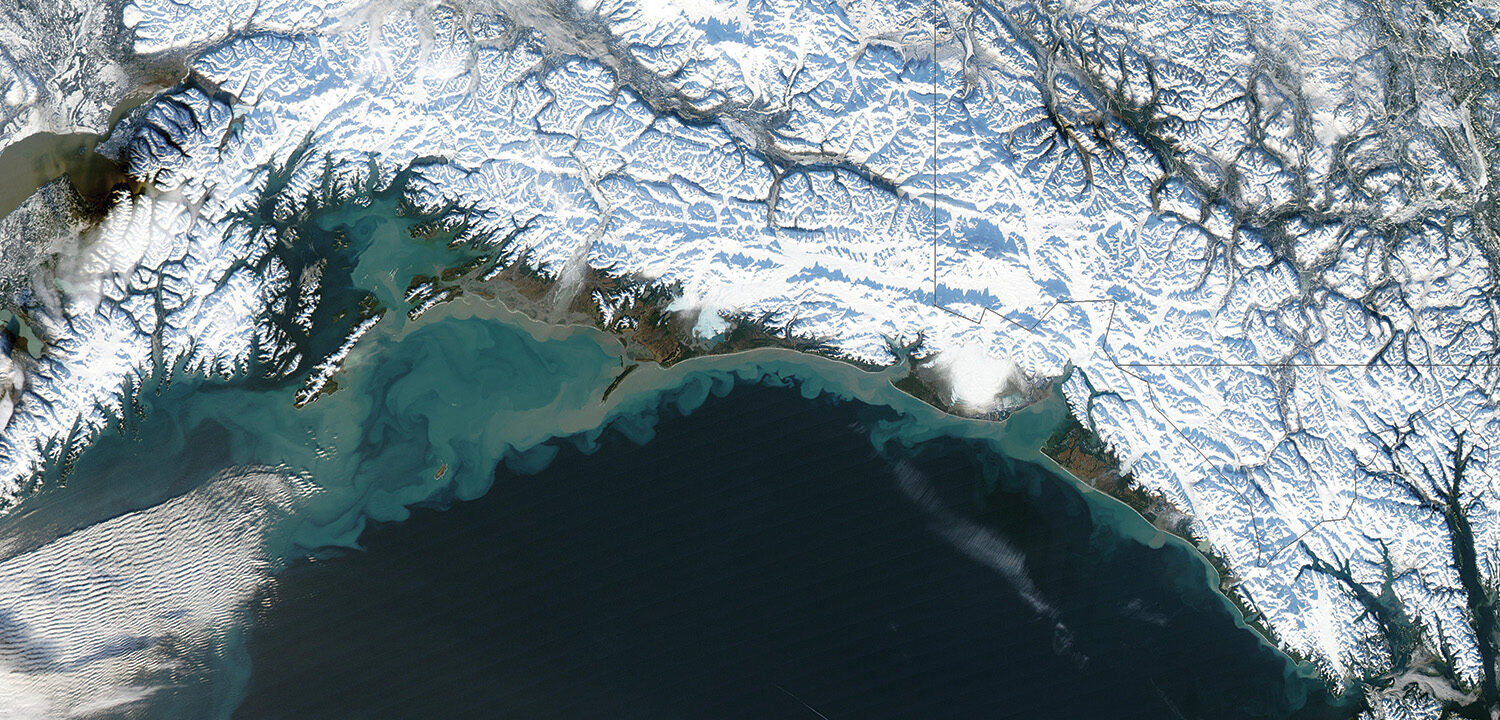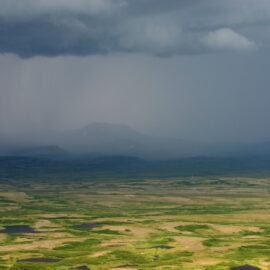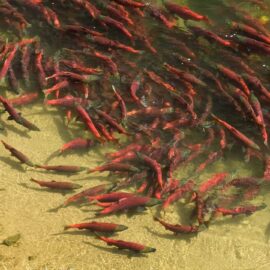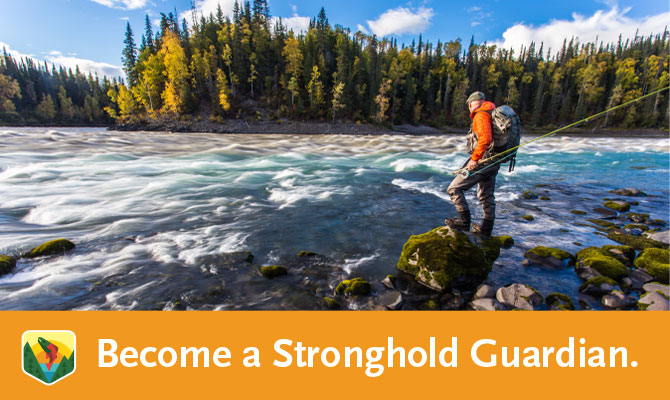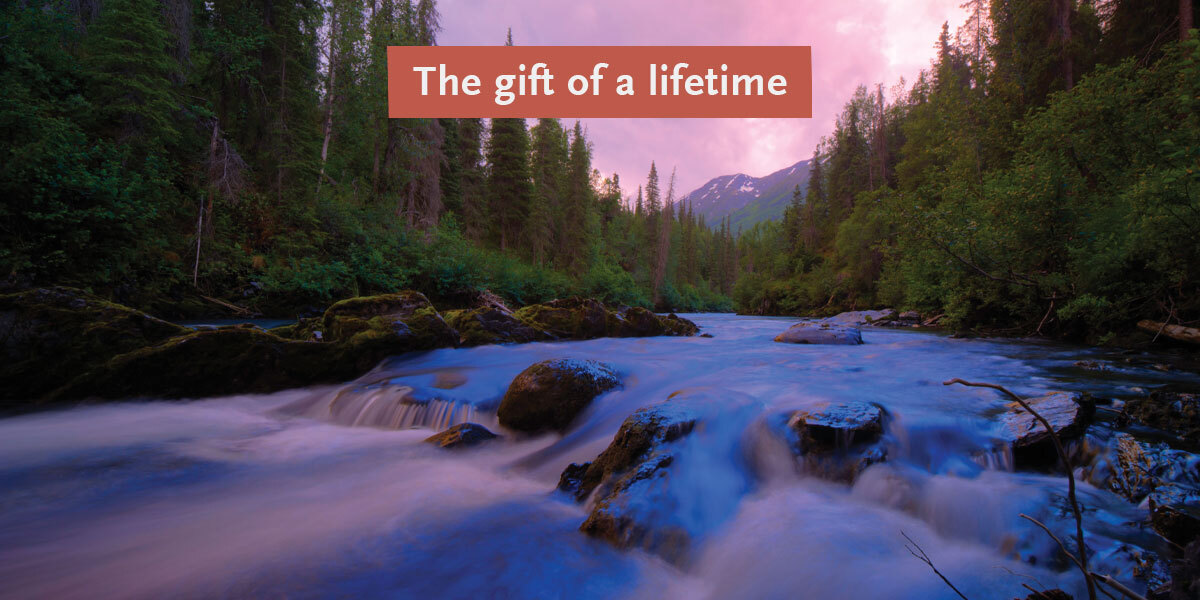The EPA is now one step away from stopping this dangerous mine at the headwaters of Bristol Bay.
Twelve years ago, Tribal representatives first asked the U.S. Environmental Protection Agency to stop a massive proposed open pit mine at the headwaters of Alaska’s Nushagak and Kvichak rivers in Bristol Bay: the planet’s most productive remaining salmon region.
Over the intervening 12 years, you’ve heard a lot from us about Pebble Mine. We’ve asked you to speak up for Bristol Bay throughout EPA’s initial public comment period for Clean Water Act protections in 2014, and help us fight a rollback of those proposed protections under the Trump Administration in 2017 and 2018. In 2019 and 2020, we requested that you tell the U.S. Army Corps to reject Pebble’s permit; the agency eventually did. Along the way, we’ve let you know how Pebble tried to rig the permitting process, and shared the science on Pebble’s unacceptable risks to fish, wildlife, Tribes, and fishing communities.
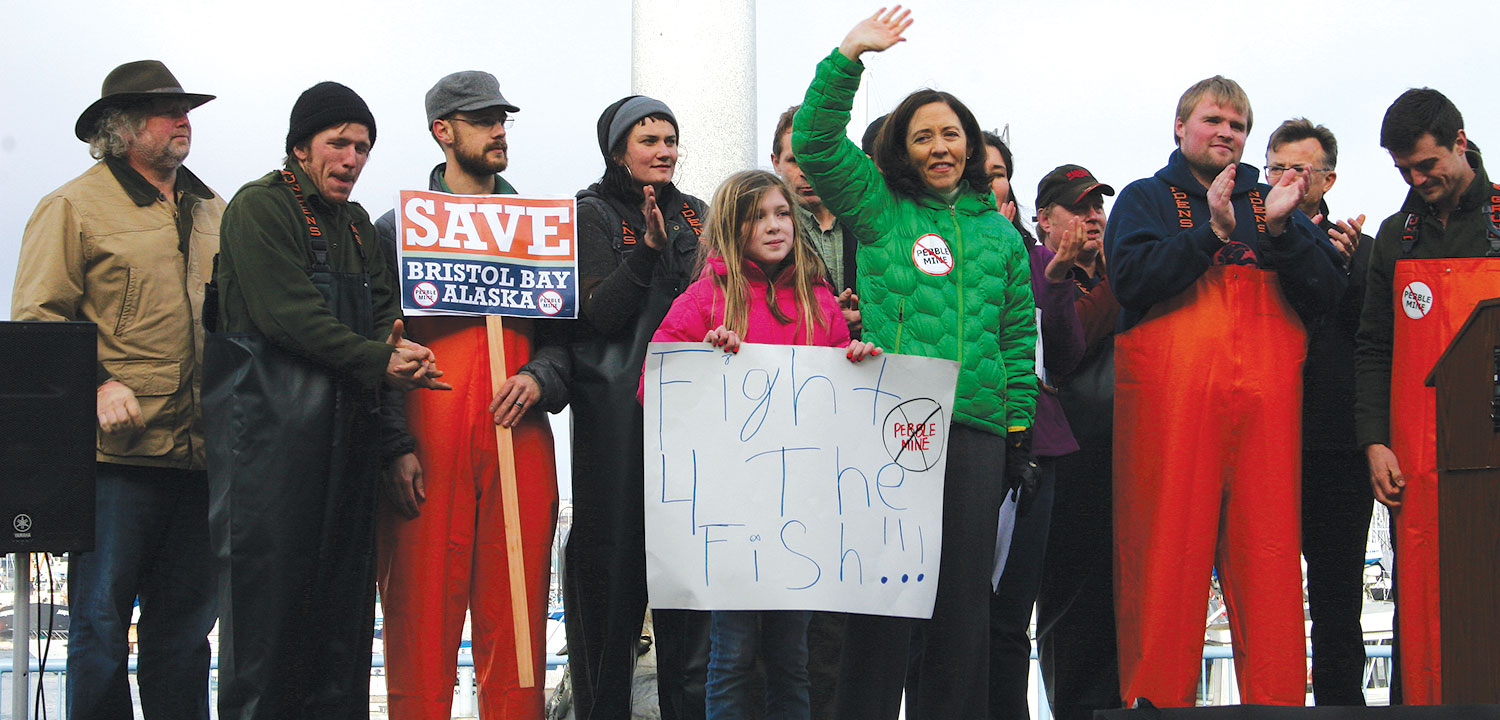
This long fight has tested our patience, resilience, and optimism. But as 2022 draws to a close, we have never felt stronger.
Because each successive week this winter means EPA is that much closer to finally ending Pebble Mine.
As 2022 draws to a close, we have never felt stronger. Because each successive week this winter means EPA is that much closer to finally ending Pebble Mine.
In early December, the EPA’s Region 10 office in Seattle sent a letter to the agency’s federal headquarters recommending that the agency use the Clean Water Act to prohibit hard rock mining waste disposal in the Nushagak and Kvichak headwaters. The move was based on Pebble’s mining proposal submitted in 2020 and rejected by the U.S. Army Corps of Engineers later that year because of threats it posed to the Bristol Bay salmon fishery.
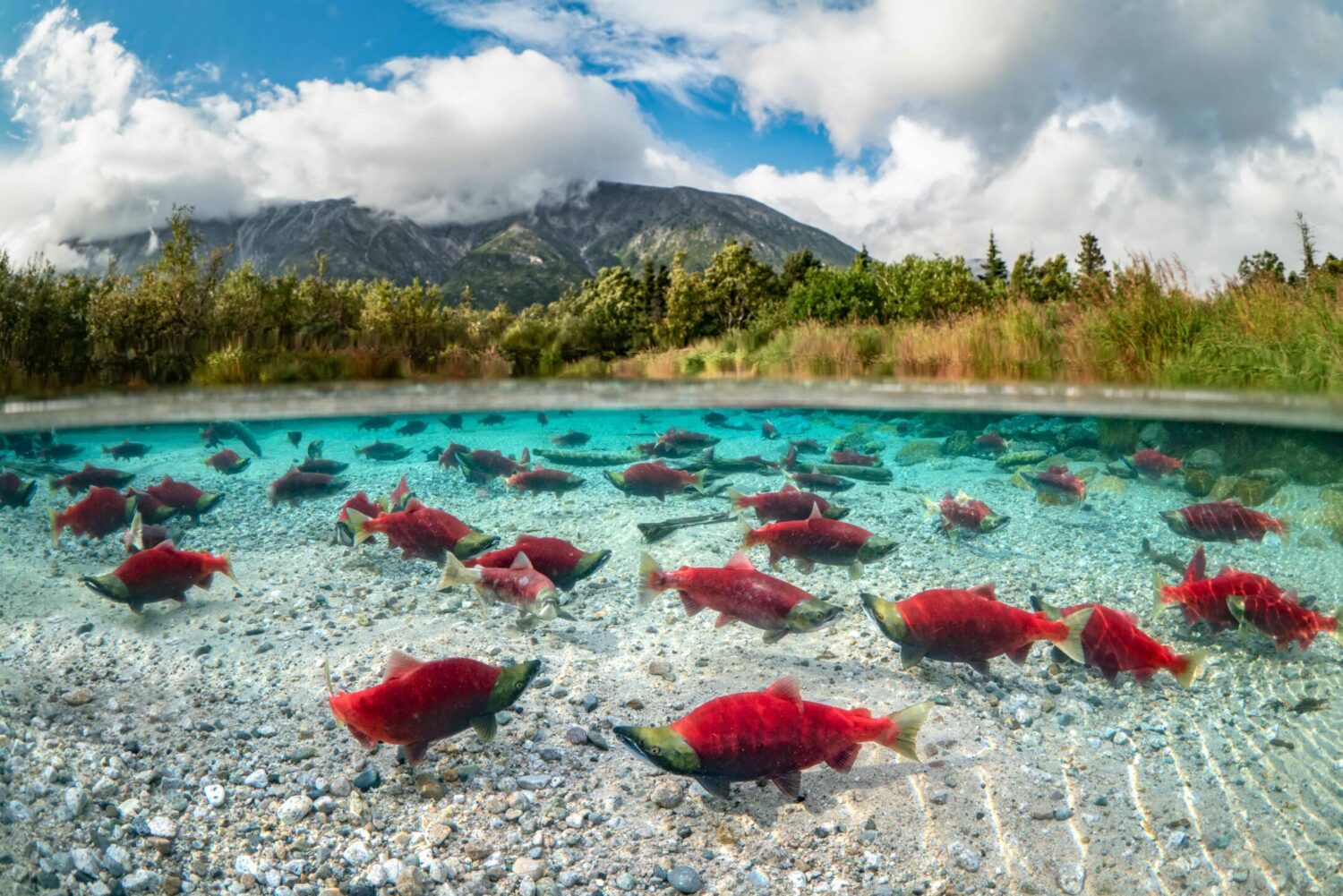
EPA’s final decision, expected within two months of December’s recommendation, would effectively prevent Pebble from moving forward in any form.
“This is the most important salmon stronghold we have left and it deserves special protections,” says Wild Salmon Center CEO Guido Rahr. “Once a mine like Pebble is built, there’s a permanent threat of toxic waste spill, which could ruin this priceless salmon fishery. EPA is right to move toward a final decision in this process, for the sake of local communities and ecosystems and also for the global food system, which now depends on a growing share of wild salmon from Bristol Bay.”
“This is the most important salmon stronghold we have left and it deserves special protections. EPA is right to move toward a final decision in this process.”
WSC President & CEO Guido Rahr
Last year, 78 million wild sockeye salmon returned to Bristol Bay, a counterweight to mixed returns in other Pacific salmon fisheries. While shifting ocean conditions and heat waves on land continue to challenge salmon life cycles elsewhere in the North Pacific, Bristol Bay’s productivity has risen in recent years.
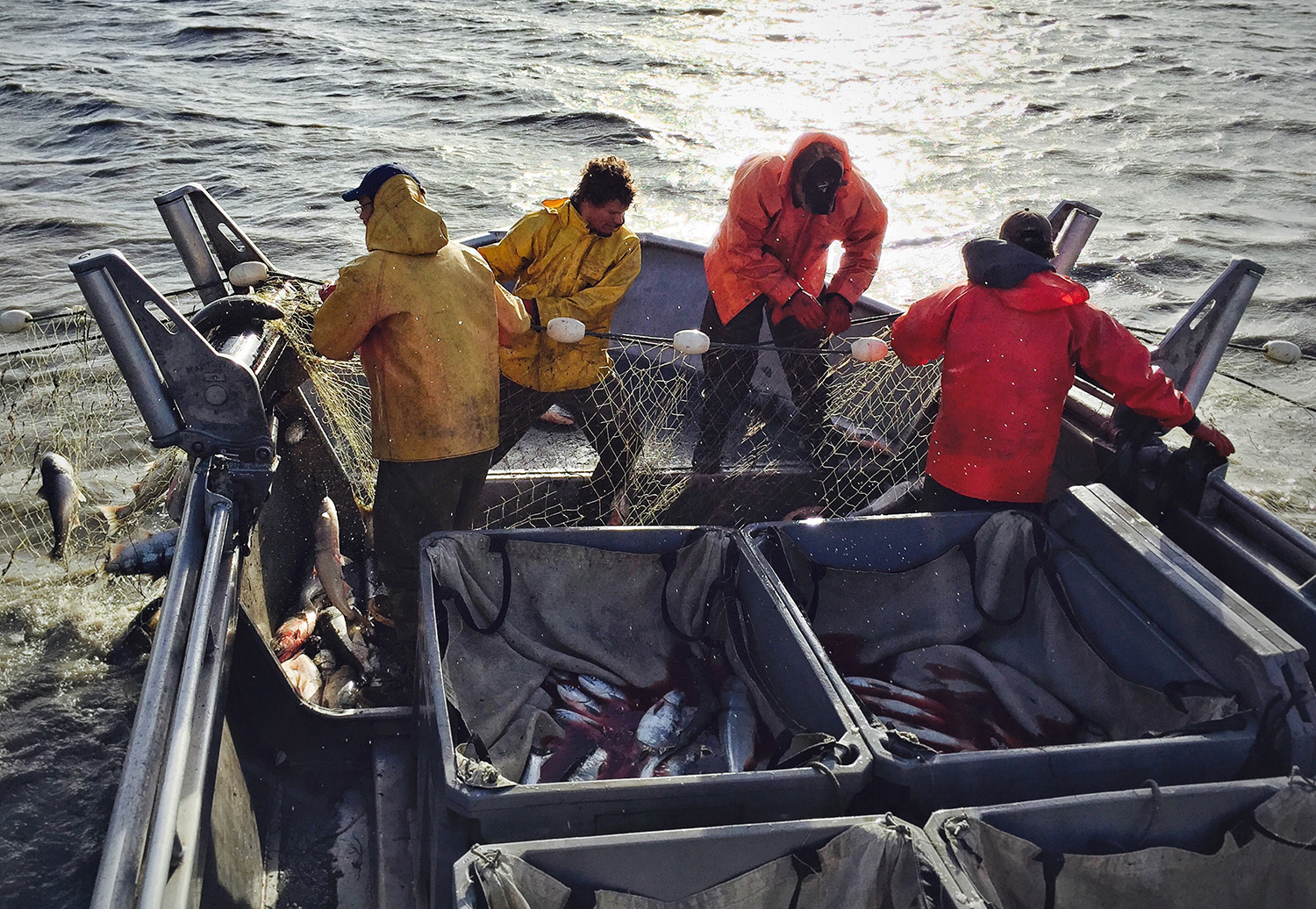
The fishery supports livelihoods and subsistence harvests for 31 Alaska Native tribes and 15,000 commercial fishers each summer season. It’s also a destination for sport fishers from all over the globe. All told, Bristol Bay’s fishery is worth $2.2 billion annually.
Now, with this fight well into our third presidential administration, Clean Water Act protections are finally within sight.
Should EPA take this final step in early 2023, it will validate the long struggle of the people of Bristol Bay, who have carried the heaviest burden and stand to lose the most from this mine. But it will also redeem the hard work of millions of salmon advocates around the world—advocates like you—who have spoken up in defense of Bristol Bay for so many years. Since 2010, EPA and the U.S. Army Corps have received nearly 4 million public comments in support of a protected Bristol Bay.
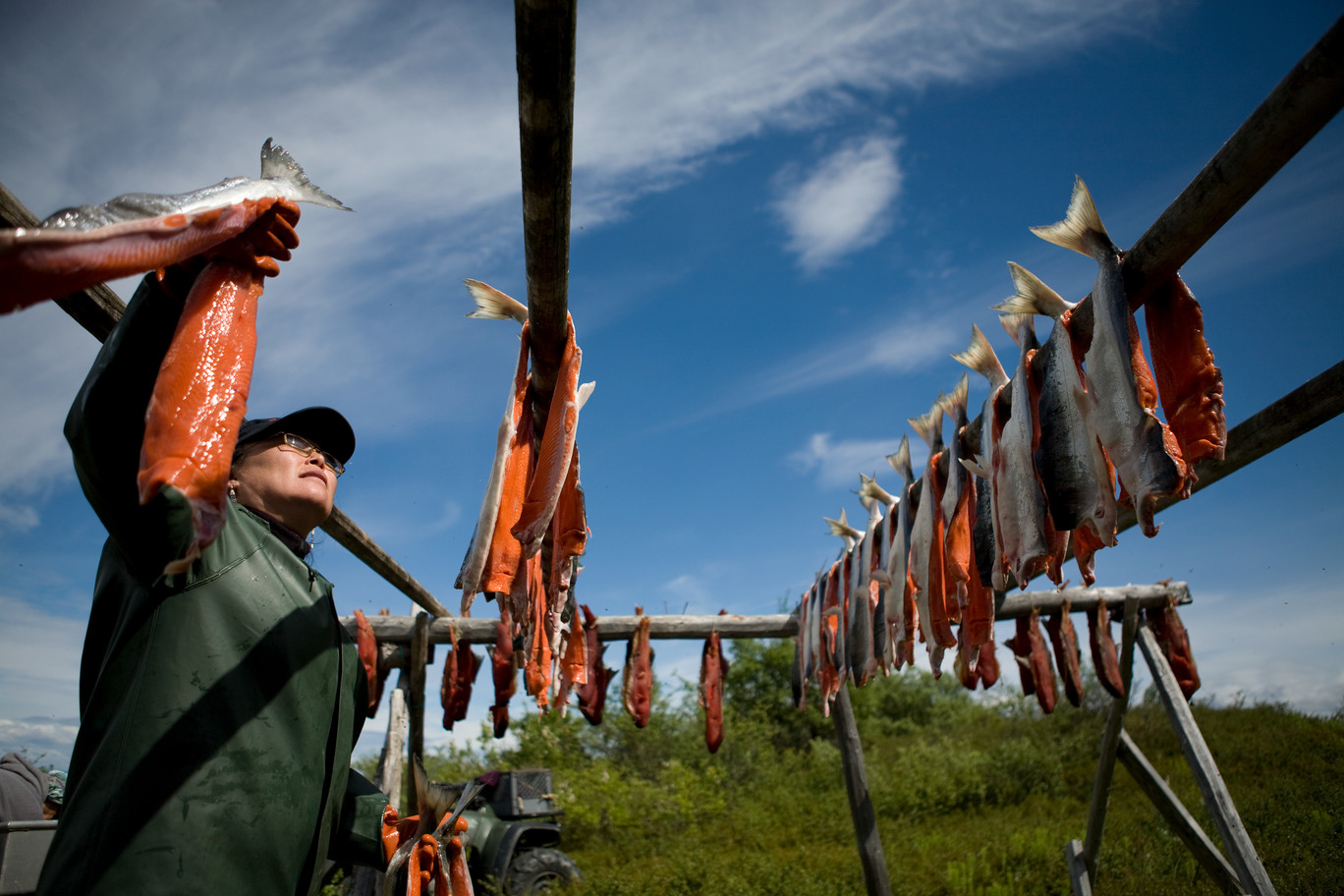
“It’s remarkable that throughout this long fight, opposition to Pebble Mine has only grown stronger and stronger,” says WSC Alaska Director Emily Anderson. “Bristol Bay is globally important, and will without a doubt be much safer if EPA moves forward and finalizes Clean Water Act protections.”
“Throughout this long fight, opposition to Pebble Mine has only grown stronger and stronger. Bristol Bay will without a doubt be much safer if EPA finalizes Clean Water Act protections.”
WSC Alaska Director Emily Anderson
